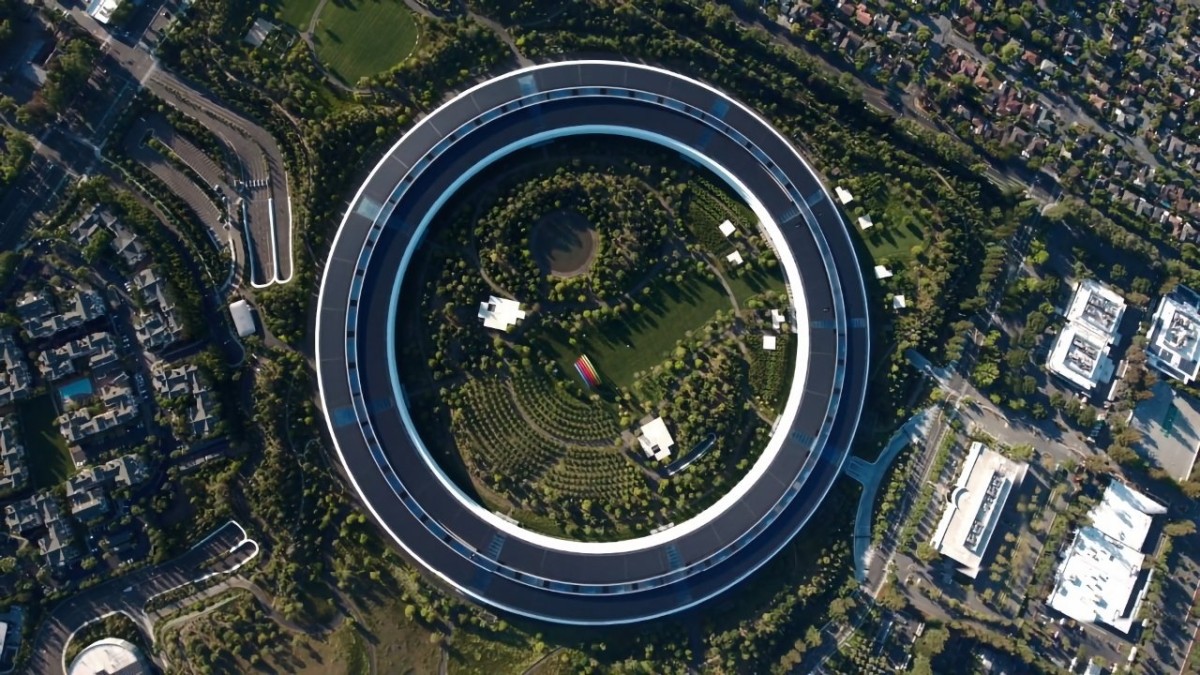Leaked Details Reveal Apple A18 Pro's Surprising Speed Boost
In a departure from its recent strategy of distinguishing standard and Pro iPhone models through chipset generations, Apple appears poised to unify its lineup under the cutting-edge A18 series. Rumors now swirl around the integration of the A18 Bionic into the iPhone 16 and 16 Plus, while their Pro counterparts are expected to boast the more advanced A18 Pro. A recent disclosure sheds light on the performance prowess of the A18 Pro, surpassing expectations.
Unveiled Performance Insights of the A18 Pro
Previous discussions, spurred by Geekbench 6 leaks, hinted at the A18 Pro's unrivaled single-core performance. The latest leaks reveal it outpaces its predecessor by 22% in single-core (3,547) and by 28% in multi-core (9,264) tests. This data corroborates earlier speculations and suggests that the chipset's capabilities are becoming clearer.
When juxtaposed with the Snapdragon 8 Gen 3 and Gen 4, the A18 Pro appears slightly lagging. Notably, the Snapdragon 8 Gen 4 reportedly achieves a 46% speed increase over its predecessor. Despite this, Apple seems set to maintain its dominance in single-core performance and energy efficiency. It's typical for firms like Apple and Qualcomm to maximize chipset performance during tests, later adjusting for an optimal balance between power and efficiency. Consequently, the true efficiency of the A18 Pro compared to Snapdragon 8 Gen 4 or MediaTek's Dimensity 9400, in terms of "performance per watt," remains to be clarified.
The A18 Pro is rumored to feature a six-core arrangement, with two dedicated to performance and four to efficiency. In contrast, the Snapdragon 8 Gen 4 is expected to adopt a '2 + 6' CPU configuration, moving away from efficiency cores. Additionally, both chips are likely to be produced using TSMC's advanced 3nm N3E technology, promising enhanced performance and efficiency across the board.






